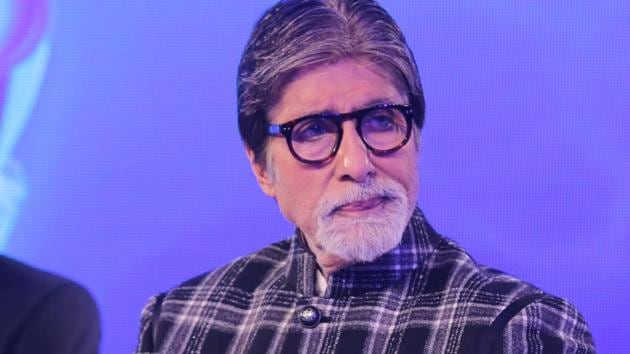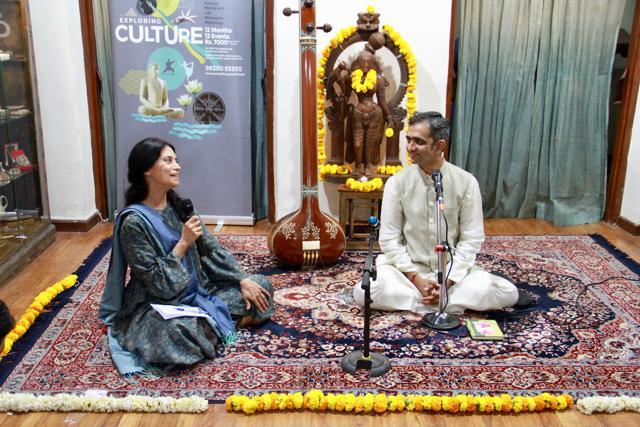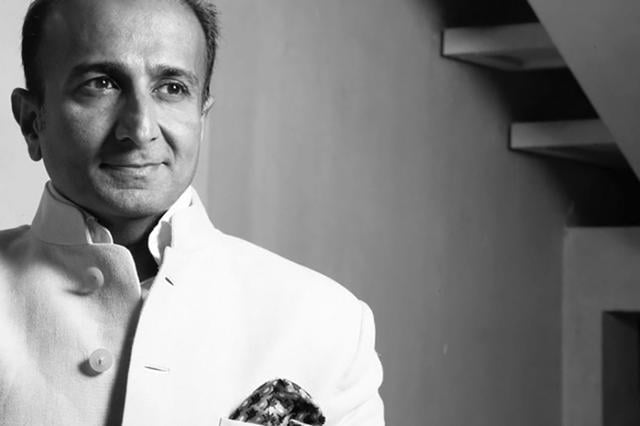Malavika’s Mumbaistan: The Big B and Busybee
Amitabh Bachchan, often referred to as Big B, was born 12 years later in 1942
Today happens to be the birthday of two exceptional individuals, Big B and the late Busybee, both of who were born on 11 October. Whereas Behram Contractor, who wrote his delightful columns under the pen name of Busybee, was born in 1930, Amitabh Bachchan, often referred to as Big B, was born 12 years later in 1942. Both became synonymous with Mumbai, the city they lived and worked in; Busybee through his soulful and eloquent round-and-about, and the Big B through his successful career in films. There are other similarities; after all to be at the top of one’s game in one’s chosen profession calls for certain qualities of hard work, determination, dedication and commitment, which both men have demonstrated in spades. What is less known is the mutual admiration that both had for each other. “The first time I met Amitabh Bachchan was at Nari Hira’s when I’d just married Behram almost 30 years ago,” shares Busybee’s wife Farzana Contractor, the editor of Upper Crust, about the karmic connection between the two men. “I recall being zapped by him and found myself saying to him, ‘I am a big fan of yours!’ And he replied, ‘And, I, my dear, am a big fan of your husband’.”

Incidentally, at the rate he is working around the clock on his films, TV, public appearances, philanthropic and advocacy ventures, Big B could just as well qualify to being called ‘Busybee’ too.
A Circle of Culture
“Our Culture Circle events range from classical dance and music recitals, to art, poetry, theatre workshops, book readings, film screenings and guided heritage visits to places of cultural significance such as Elephanta. Past speakers have included author Amish Tripathi, Mohiniattam exponent Mandakini Trivedi and award-winning architect Parul Zaveri,” says Zarina Mehta, co-founder of the erstwhile UTV group and managing trustee of the NGO Swadesh, who is an ardent student of the New Acropolis School of Philosophy in Colaba and heads the new culture initiative.

Recently launched, the culture platform she says aims to explore the diverse expressions of the subject through a series of carefully curated events as a means to revive the spiritual essence that is the basis of all classical art forms. “The events are held usually on Saturday evenings from 6pm to 8pm, at the centre in Colaba and our next event to be held tomorrow is a workshop on the ‘art of observation’,” she says. “Through the medium of photography, it will attempt to sharpen our ability to develop an orientation to truly observe things by looking for deeper meanings and reading between the lines.”
TWEETTALK
“Haters will not agree but India now has two-tier protection. First we bought Rafale jets to protect our borders. Then we bought nimbu-mirchi to protect our Rafale jets.
Tweeted by @Pun_Starr
As Rare as His Jewels
Whereas the second edition of Saffronart’s two-day biennial jewellery conference, Mapping a Legacy of Indian Jewels, which opens today, has created a significant buzz among jewellery aficionados, easily the most awaited session of the event is the one to be held later this evening, featuring the reclusive Indian artist-jeweller, Viren Bhagat, believed to be the foremost contemporary jewellery designer of India. “Viren’s work is highly in demand among connoisseurs and collectors of rare pieces,” informs a source. “Most of his output is booked by his loyal clients while he is still working on them and usually for seven digit figures.” The scion of a clan of jewellers with a century-old legacy, Bhagat, who is rarely seen in public, and likes to keep a low-profile in the media (unlike some of his peers) began selling his creations from a shop at Kemps Corner which he set up with his two brothers in 1991. As word of his artistry spread, his creations were snapped up by collectors and auction houses; today his reputation precedes him and his style, described as a nod in the direction of European jewellery of the 1920s and 1930s which in turn was inspired by Mughal designs, is highly sought after. “Bhagat mainly works with the ‘Five Great Stones’ known as the ‘Maharatnani’, Golconda diamonds Burmese rubies, pearls from Basra Colombian emeralds and sapphires from Kashmir, Burma and Sri Lanka,” says the source. “And often he waits years to source the perfect stone.”

And given that his social appearances are as rare as his creations, no surprises that Bhagat’s session today, which will see him in conversation with Minal Vazirani, co-founder and president of Saffron Art, and Usha Balakrishnan, jewellery historian and principal curator of the World Diamond Museum, is hugely anticipated.

Stay updated with all the Breaking News and Latest News from Mumbai. Click here for comprehensive coverage of top Cities including Bengaluru, Delhi, Hyderabad, and more across India along with Stay informed on the latest happenings in World News.
Stay updated with all the Breaking News and Latest News from Mumbai. Click here for comprehensive coverage of top Cities including Bengaluru, Delhi, Hyderabad, and more across India along with Stay informed on the latest happenings in World News.





